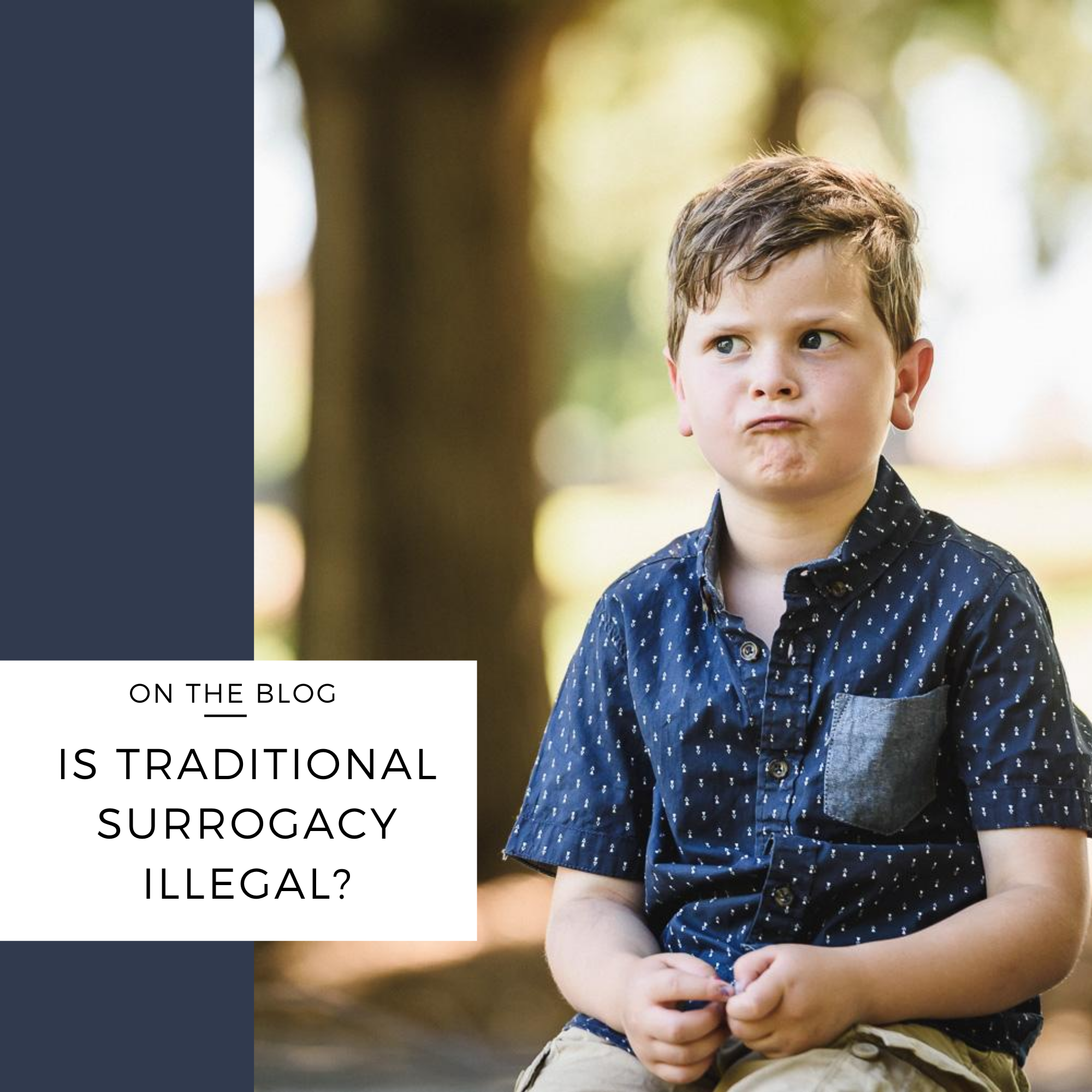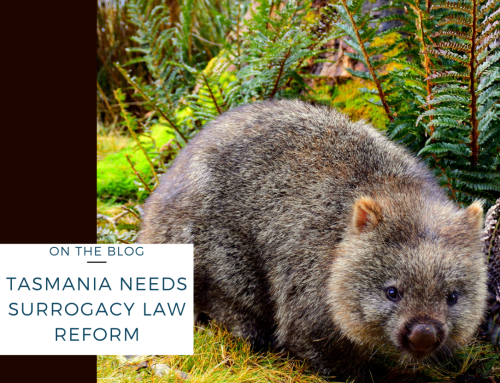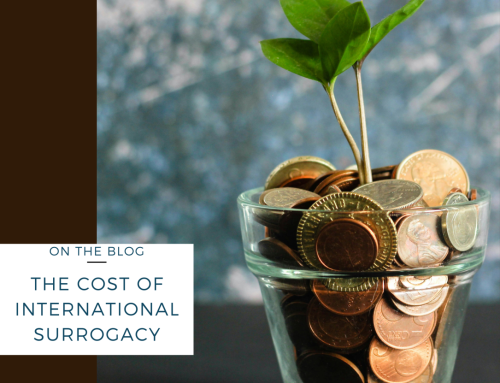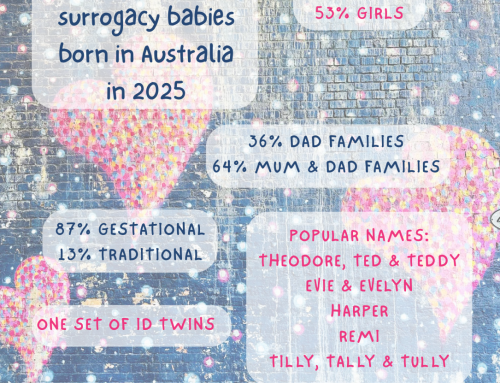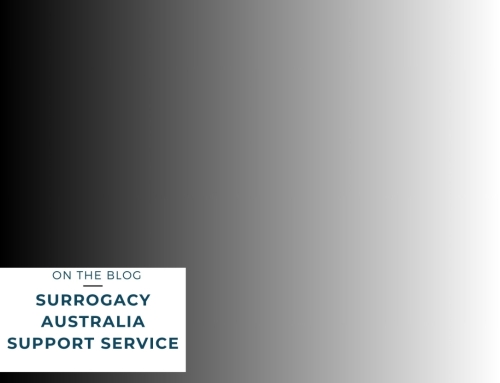Why do IVF clinics in Australia tell people that traditional surrogacy is illegal?
If you are new to surrogacy, you can read about how to find a surrogate, or how to become a surrogate yourself. You can also download the free Surrogacy Handbook which explains the processes and options.
If you are considering your options for growing your family through surrogacy, or wanting to become a surrogate yourself, you may have questions that land you on several different answers. Traditional surrogacy, where a surrogate uses her own egg to conceive, is one of those topics that has many a keyboard warrior (or industry professionals!) declaring that it is illegal. This is a source of endless frustration, not just for me but for the many traditional surrogates and intended parents who have followed all the legal requirements for their surrogacy arrangement.
Many clinics claim that traditional surrogacy is not legal. Many clinics declare that traditional surrogacy is illegal ‘across Australia’ or ‘in most parts of Australia.’
Fact check: since 2024, traditional surrogacy has been legal across every state and territory in Australia.
In Victoria, the legislation allows traditional surrogacy, but does not allow a clinic to facilitate the arrangement -there may be circumstances that do allow it. That means, you may need to conceive outside the clinic, with home insemination. One traditional surrogacy arrangement in Victoria shared their lovely story in the Herald Sun in 2021.
You can enter a traditional surrogacy arrangement anywhere in Australia. However, there is no requirement for a clinic to help you – and many will refuse. Why? Well, in my experience it’s because clinic staff think the surrogate won’t hand over the baby. But is the experience of traditional surrogacy any different from being a gestational surrogate?
The Northern Territory introduced surrogacy legislation in 2022 which includes traditional surrogacy.
Why does it matter that traditional surrogacy is legal, or that clinics (or other professionals, including lawyers) tell people that it is illegal? Well, obviously for me it is personal because I was a traditional surrogate, and I did hand over the baby. I’m also a lawyer, so any suggestion that I have done something illegal is upsetting. And a woman who chooses to be a surrogate has the right to bodily autonomy – to decide whether she uses her own eggs, or not, and her level of comfort with the arrangement. It is not for anyone else to tell her what is right or wrong for her or her family.
But more importantly than that, the children born through traditional surrogacy were not conceived illegally. It is important that their story is not shrouded in stigma and falsehoods. Their parents shouldn’t have to respond to people saying “that’s illegal” when they tell their story. And when clinics are perpetuating the myth that it is illegal, they are serving their own business model (let’s face it, gestational surrogacy is better for business!) and they have no reason to correct the misinformation they share with patients.
What is also worrying is that if people think traditional surrogacy is illegal, they may decide to do it anyway, without following the requirements for legal advice and counselling. And that’s not only bad for the parties, but for the children as well.
My advice, when exploring your options, is to find information from credible sources, and ask questions if something seems amiss or unclear. And of course, get in touch if you want to know the legal framework for any surrogacy arrangement.
Sarah has published a book, More Than Just a Baby: A Guide to Surrogacy for Intended Parents and Surrogates, the only guide to surrogacy in Australia.
You can find more information in the free Surrogacy Handbook, reading articles in the Blog, by listening to more episodes of the Podcast. You can also book in for a consult with me below.

